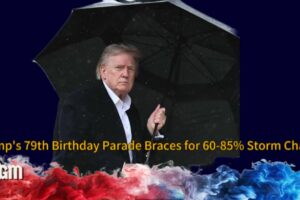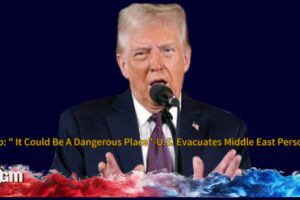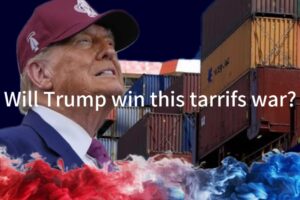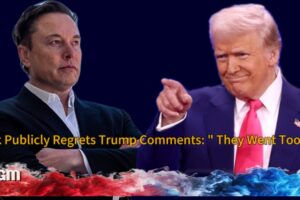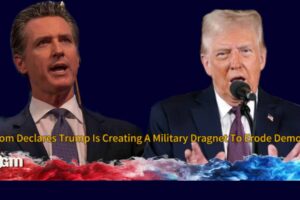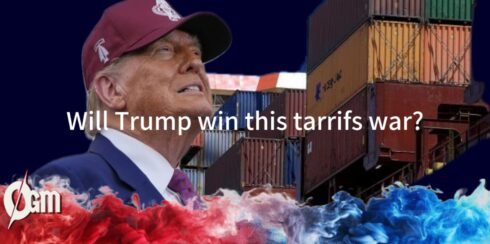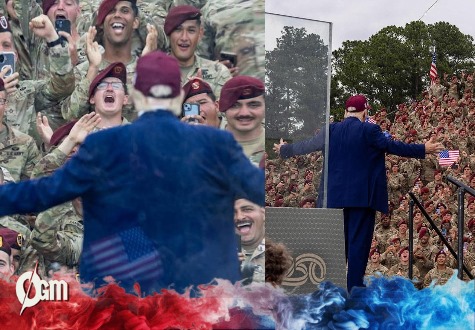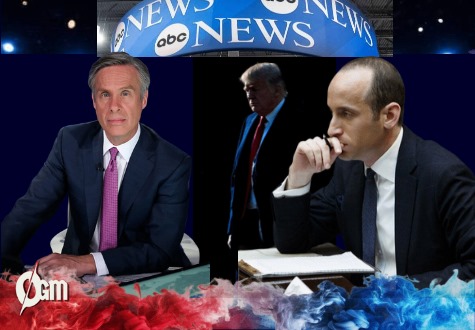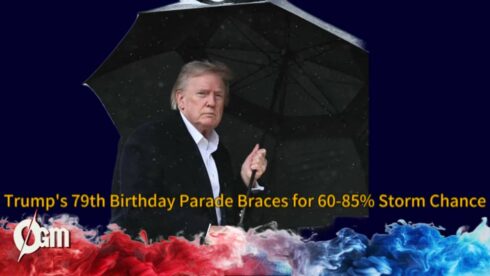President Trump’s sweeping tariffs on imports from nearly every U.S. trading partner will remain in effect until at least the end of July, following a decision by the U.S. Court of Appeals for the Federal Circuit. The ruling grants the Trump administration’s request to pause a lower court’s judgment that deemed the tariffs illegal under U.S. law.
The court’s unsigned order, issued Tuesday evening, sets the stage for oral arguments scheduled on July 31, 2025. Until then, the administration’s 10% global tariffs and significantly higher levies on countries like China, Canada, and Mexico will continue to apply. The decision temporarily halts a May 28 ruling by the U.S. Court of International Trade, which held that President Trump lacked the authority to impose the tariffs under the 1977 International Emergency Economic Powers Act (IEEPA).
Lower Court Had Rejected Emergency Powers Argument
The legal dispute centers around President Trump’s use of the IEEPA, a law that permits the president to regulate commerce during national emergencies. The U.S. Court of International Trade ruled last month that the law does not authorize the sweeping trade measures announced on what Trump dubbed “Liberation Day” in early April.
The panel of trade judges emphasized that Congress holds exclusive power over tariffs and found the use of IEEPA in this context both unauthorized and, potentially, unconstitutional. The court concluded that the president had exceeded statutory limits by levying tariffs on virtually all imports under the guise of a trade emergency.
Appeals Court Moves Swiftly to Preserve Status Quo
Following the lower court’s decision, the Trump administration filed an emergency motion to block the injunction while the case proceeds. The Federal Circuit granted that motion, issuing an administrative stay that allows the tariffs to remain active.
The court acknowledged the “exceptional importance” of the issue and established an expedited briefing timeline. Plaintiffs submitted responses by June 5, while the administration filed its reply by June 9. The full bench (en banc) of the Federal Circuit is set to hear oral arguments on July 31.
OGMNews.COM
“Trump Defies Courts: Tariffs Stay Despite Ruling They’re Illegal”
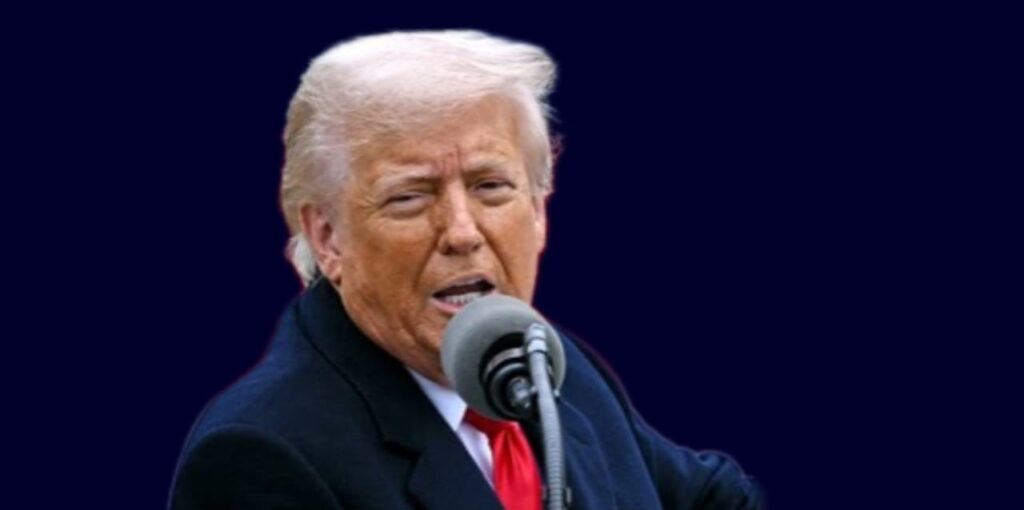
The continuation of the tariffs has major implications for U.S. businesses, consumers, and international relations. Importers and small businesses face ongoing uncertainty, supply chain disruptions, and rising costs. Consumers may see increased prices as companies pass along the cost of tariffs.
On the global stage, the decision complicates the already delicate trade dynamics between the U.S. and major partners such as China, Canada, and Mexico. While some goods from Canada and Mexico are exempt under prior trade agreements, China continues to face elevated tariffs—currently at 30%, down from a peak of 145% following a bilateral agreement.
Political and Legal Ramifications Mount on Trump Tariffs
President Trump has remained steadfast in his support for the tariffs, arguing they are critical to correcting trade imbalances and protecting American manufacturing. Critics, however, including members of both major parties, contend that the measures hurt U.S. competitiveness and overstep presidential authority.
Legal experts suggest that the Federal Circuit’s eventual ruling could significantly redefine executive power in trade policy. A loss for the administration may trigger substantial refunds of tariff revenues collected from businesses and could chill future executive action under emergency statutes.
What Comes Next: Supreme Court on the Horizon
With oral arguments scheduled for the end of July, the Federal Circuit’s decision could arrive as early as August. Depending on the outcome, either side is likely to appeal to the U.S. Supreme Court, particularly given the constitutional questions raised about the delegation of congressional authority.
In the meantime, the Trump administration continues collecting tariff revenues, which could total billions of dollars by the time a final decision is made. If the courts ultimately invalidate the tariffs, the government may be required to issue widespread refunds—potentially reshaping the fiscal and legal landscape of U.S. trade policy.



